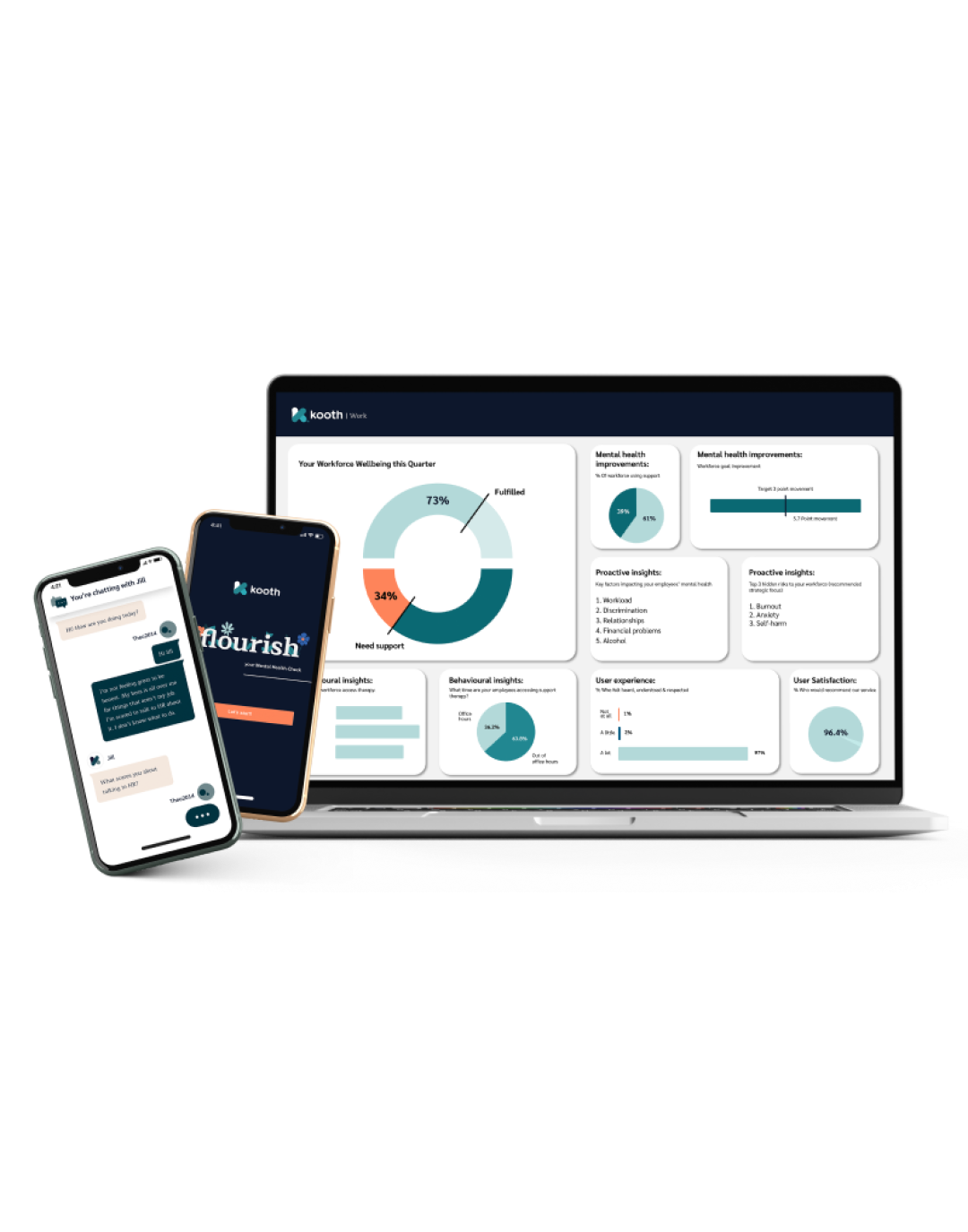It might be easy to forget just how heavy an emotional burden HR teams have carried over the last few years.
In the thick of lockdown, HR departments were scrambling: restructuring businesses, bolstering wellbeing plans, furloughing employees, laying off staff, administering pay cuts - all while supporting staff, many of whom were ill or struggling. HR teams are continuing to work at the sharp end of fundamental shifts in working patterns, recruitment, and staff support.
It’s no wonder, then, that many are frazzled. According to Sarah Tucker, HR Director at Equiteq, “I know from people in my networks that HR teams are tired. Businesses dealing with ever-changing regulation around COVID-19 turned to HR teams - who themselves were learning what to advise and what to do - [with, for example], rules around furlough. We didn’t always have the answers. There’s definitely a continuing emotional pressure on HR teams.”
This continuing pressure applies to a number of issues at the top of HR teams’ priority lists. These may include big topics like wellbeing, flexible working, culture, recruitment, retention, the Great Resignation, and development.
The HR Director of a UK law firm is only too aware of the impact of the pandemic on her team and of what’s to come: “We've certainly been thrown some enormous challenges in the last 18 months. Our team has been working incredibly hard over a sustained period, dealing with things we've never come across before, and we know that HR people often absorb an emotional burden in a business. For us, these challenges aren’t over. Issues around hybrid working and culture are currently top of mind - as is the obvious exhaustion of our team.”
According to Dr Lynne Green, Chief Clinical Officer at Kooth, exhausted HR teams need to prioritise their own wellbeing to best help others: “It’s not uncommon for those who work in helping professions - I’m thinking doctors, teachers, carers, those in HR - to put other people's needs before their own. It’s common among parents, too. But, really, if you’re not looking after yourself adequately, [you are less likely] to do a good job of looking after others.”
This can sometimes be difficult to achieve, as Dr Green attests: “I remember being in an office years ago and feeling flu-ey and ill. I was coughing and sneezing, but being really stoic and thinking: I'm not going home, I need to work and set an example. Then somebody said, ‘We don't want your germs! Go home!’ I then realised my mistake, and I went home. It’s easy to forget or dismiss our own needs, but it’s so crucial.”
Looking after yourself could be as simple as recognising when you’re ill and need time off - and actually taking that time, rather than limping along. It’s also sharing stresses and your emotional burden with your line manager, colleagues, or friends and family so that you aren’t coping alone. It also means creating a firmer line between work and home, so that you’re not checking work emails outside working hours or working on your days off.
Sophie McAdam-Clark, HR Director at Digital Theatre, explains her philosophy behind wellbeing: “For me, it’s about realising that you can’t pour from an empty cup. So, if I feel like I need a break, I’ll take one. I will listen to myself. And that comes from having a CEO who would understand that - as long as I’m upfront and honest. Our business is quite open about emotions and stress, so I feel enabled to prioritise my wellbeing.”
As HR teams will know only too well, behaviour modelled by senior leaders trickles down across an organisation. So, hearing and seeing your managers take time off, take a break, and discuss their own wellbeing can be the best way to encourage others to do the same. Feeling safe to do so in a way that won’t be negatively judged is critical. In this way, issues can be discussed as they emerge and not left to escalate only to be dealt with as a more serious issue or mental health crisis later down the line.
Dr Green: “The majority of mental health conditions start off small and get bigger if left untreated. I don't just mean treated in the professional sense; often, the early steps to feeling better are things like talking about how you’re feeling, feeling heard, and feeling like you're not on your own. And the more we have these conversations, the more normal they become. It becomes easier for people to say they're not coping.
“Anyone can initiate these conversations; however, we sometimes feel anxious about this and worried that we may offend somebody. Maybe it doesn’t feel appropriate within the workplace. But often, talking about these difficulties results in other people admitting that they're feeling the same or have also been struggling. That, in itself, can be really mutually beneficial and normalising. If people know what the issues are, then they're in a much better position to help.”
Download our guide HR Hurdles to read more about the role of HR in employee mental health and workplace wellbeing.






